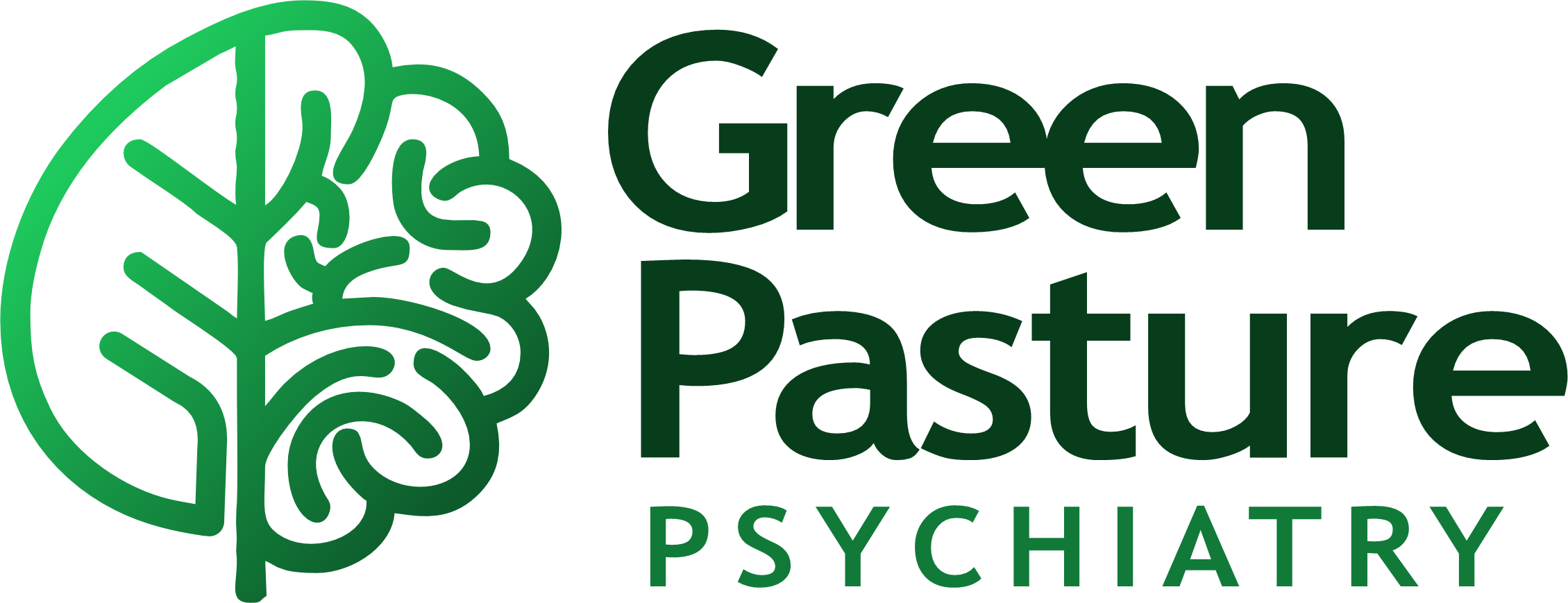What is QbTest?
The Qb test is an FDA-approved objective test that is widely used to measure patient activity, attention, and impulsivity. This is a computer-based test that combines attention measurement with activity analysis based on a motion tracking system.
Test results are immediately analyzed and presented in a report that compares your results with a group of people of the same age and gender who do not have ADHD.
How is QbTest performed?
The test is taken in front of a laptop in our office. During the test, several symbols are displayed on the computer screen.
The task requires the patient to press an answering machine button when a certain symbol appears on the screen.
How long does QbTest take?
The test lasts approximately 30 minutes.
What are the benefits of QbTest
Clinicians can make more accurate diagnoses of ADD and ADHD when data are available from a combination of sources.
Objective testing with the QbTest is an important part of the diagnostic triangle, which includes an in-depth clinical interview and rating scales, such as the ASRS (Adult ADHD Self-Report Scale).
Additionally, the QbTest can be performed multiple times, comparing a patient’s performance after taking a certain drug or drug dose to a baseline test or subsequent tests. This allows clinicians to prescribe optimal medications and dosages more quickly and effectively than traditional trial-and-error methods.
The Importance of the QbTest
The QbTest is not intended to be a stand-alone tool for diagnosing ADHD. Instead, QbTest is designed to supplement the assessment process along with clinical interviews and rating scales.
Objective data from QbTests form an important corner of the diagnostic triangle, along with clinical interviews and rating scales. By adding QbTest to your assessment and monitoring, you can get a clearer picture of ADHD.
In fact, in a study of children and adolescents, QbTest increased diagnostic accuracy when used during the clinical assessment of ADHD, as measured by subsequent revised diagnostic rates over a period of 12 months. Compared to a clinical process that included only a clinical interview and a rating scale, QbTest improved diagnostic accuracy by 20%.
